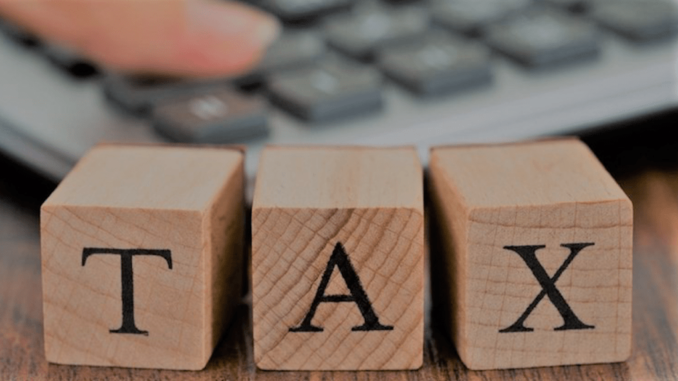
That the recent announcement of the proposed increase in the Value Added Tax rate from five percent to seven-and-half percent is generating ripples and knocks is not unexpected. The concern of those opposed to the increase, including this writer, does not only border on the rate of the increase (which is fifty percent), but also on the justification given by government for its proposal. It is important to note that before now, the Federal Inland Revenue Service (FIRS) under the leadership of Mr Fowler had mulled over the same idea. It is therefore not in doubt that the latest product is an escalation of that particular idea up to the Federal Executive Council by the FIRS. All the same, if the idea of raising VAT, according to reports, is for the states to be able to pay the new minimum wage, then governments at all tiers, must be advised to first of all start to curb wastes in governance and embrace austerity measures through which they could make and save money sufficiently. The fact is that even before now, many state governments have not been able to meet this particular obligation of payment of salaries, thereby resulting in bailout measures of some kinds in the past. Even as we speak, some state governments are owing salaries in arrears, creating serious doubt as to the capacity of those states, and indeed others to be able to pay salaries even after the proposed increase in VAT. Governors must go for a serious paradigm shift in fiscal discipline. They should not only initiate effective and efficient resource management and control mechanisms that eliminate all manners of waste in governance but also appoint experienced and talented persons into key offices. It must not be business as usual.
As stated earlier, even if VAT is raised to twenty percent many state governments will still be unable to pay salaries. The federal government will be deceiving itself by thinking that it is only an increase in VAT that will guarantee a rise in government revenue for settlement of salaries. I am to think that such spin and assumption is both funny and untenable. Value Added Tax payment is borne by the buyer, and ultimately pushes up the cost of the products. It results into inability to buy more for the buyer, or sell more for the seller. It therefore reduces volume or turnover and cripples the production end.
To be continued tomorrow.
Anyaonu, director, International Center for Human Development and Rule of Law, wrote from Lagos.
END

Be the first to comment